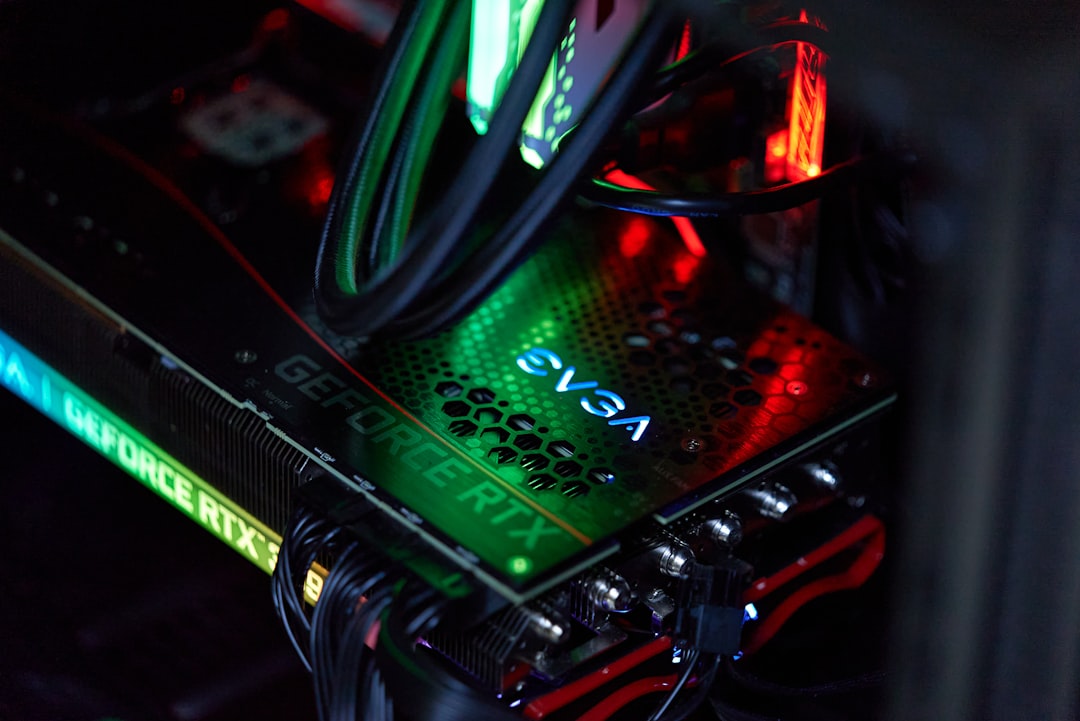A new bipartisan bill championed by Rep. Bill Foster (D-IL) aims to prevent Nvidia’s cutting-edge AI accelerators from ending up in China—by mandating both post-sale location verification and built-in “boot-lock” technology.
Key Provisions of the Foster Bill
-
Tracking & Verification: Regulators would require chip purchasers to report device locations periodically, ensuring compliance with U.S. export controls.
-
Boot-Lock Mechanism: AI chips must include firmware that checks—in real time—their permitted geographies and refuse to initialize outside approved zones.
-
Anti-Smuggling Enforcement: Enhanced penalties for any attempt to reroute export-controlled semiconductors through third-country intermediaries.
These measures build on existing Trump-era restrictions, which already prohibit sales of Nvidia’s top-tier H100 and later GPUs to China.
Why This Matters for Nvidia
Nvidia’s data-center GPUs account for a growing share of its revenue—roughly 50% in the latest quarter—and power many of today’s most advanced AI models. Any sales blockade or added compliance burden could:
-
Erode Growth Forecasts: Check segment revenue expansion in China, already under tighter export rules.
-
Increase Operating Costs: Mandate new hardware features and reporting systems.
Investors monitoring Nvidia’s regulatory disclosures and segment breakdowns can track updates via the SEC Filings API, which flags 8-K announcements and regulatory footnotes as soon as they’re filed.
Financial & Credit Implications
While the “boot-lock” requirement may slow China sales, Nvidia’s overall credit profile remains strong. Its investment-grade ratings and ample cash flow provide room to absorb incremental R&D and compliance costs.
Use the Company Rating & Information API to monitor any shifts in Nvidia’s S&P or Moody’s ratings, debt maturities and leverage ratios as the bill advances through Congress.
What to Watch Next
-
Legislative Timeline: Committee hearings and floor votes—likely in coming weeks—will determine if the bill passes before year-end.
-
Industry Pushback: Nvidia and other chipmakers may lobby for carve-outs or phased implementation.
-
Global Reactions: China’s response could further complicate U.S.–China tech decoupling.
By combining real-time SEC filing alerts with credit-rating updates, investors can stay ahead of the regulatory curve—and assess how hardware-level export controls reshape the AI chip landscape.




